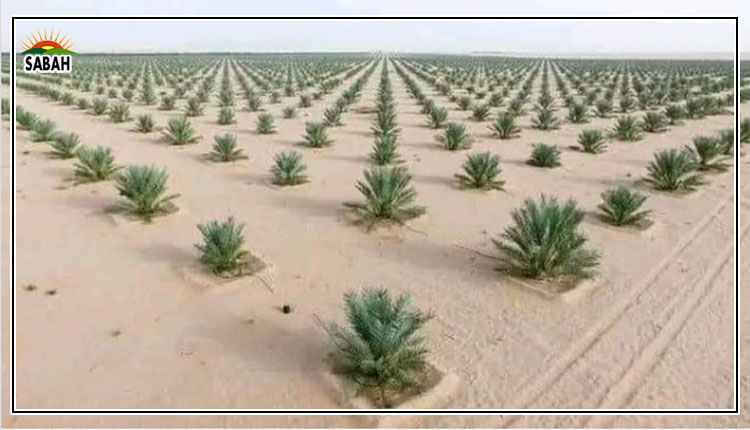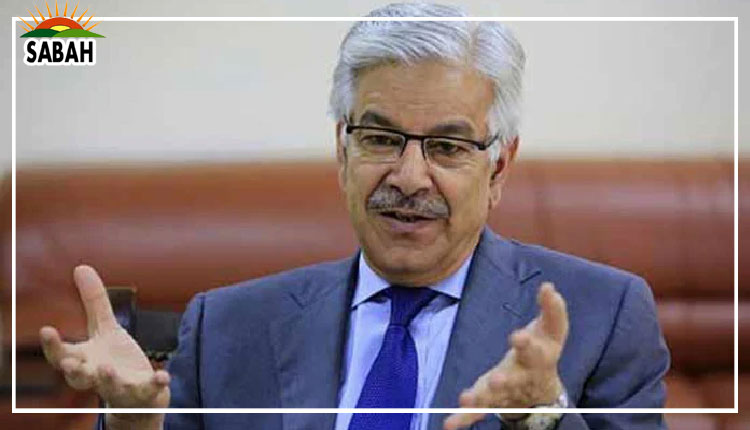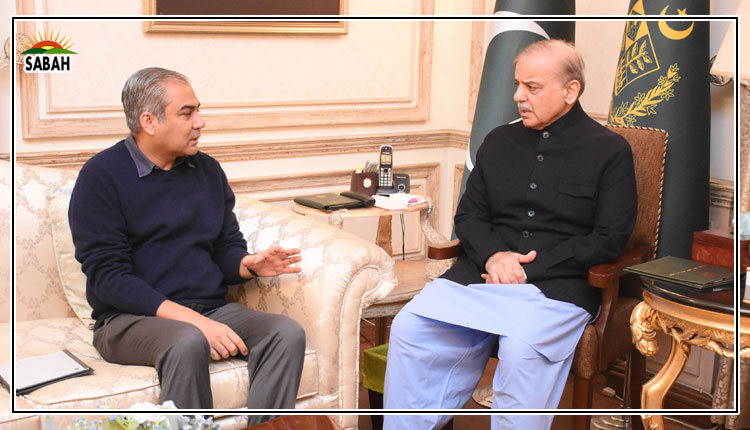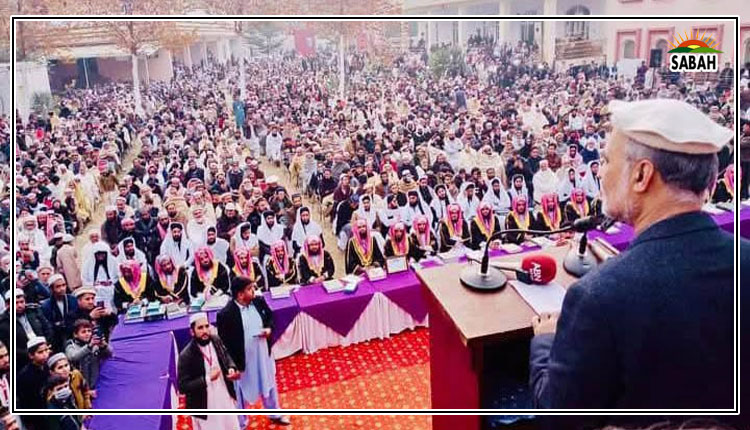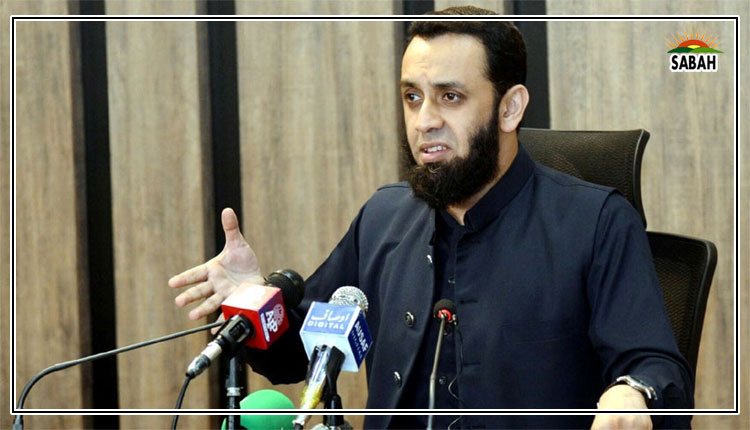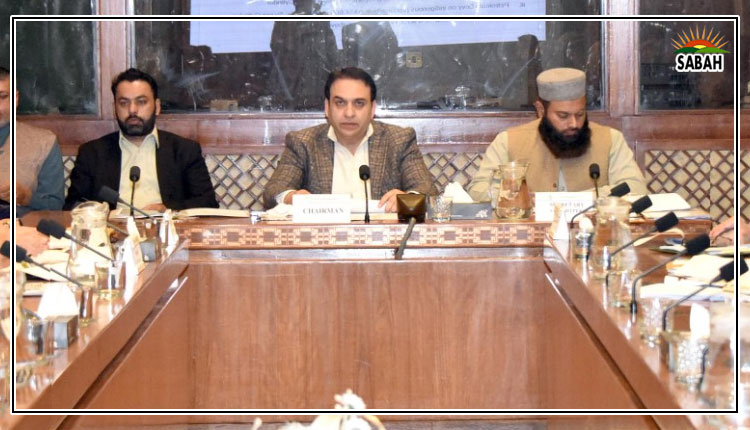Senate Standing Committee on Petroleum meeting discusses energy issues
ISLAMABAD, Dec 29 (SABAH): A meeting of the Senate Standing Committee on Petroleum was held on Friday at the Parliament House under the chairmanship of Senator Mohammad Abdul Qadir.
The committee members discussed the suspension of gas supply in industrial units in the province of Sindh for two days a week, causing a production loss of 28 percent, as well as a delay in the completion of the supply.
The Ministry for Energy (Petroleum Division) officials briefed that every year, more than 10% of gas is depleted from reservoirs at different gas fields, while the demand for gas is increasing day by day. This year, SSGC (Sui Southern Gas Limited) is receiving around 90 MMCFD less gas compared to last year.
The Secretary of the Ministry for Energy (Petroleum Division), Mohsin Agha, added that the decline has been continuous for the last 8 to 10 years, and they are looking forward to a comprehensive plan that would scrutinize policymaking. The committee members conducted a thorough analysis of supply statistics and gas depletion over the years. They recommended the Ministry for Energy officers (Petroleum Division) to address the discrepancies for conclusive results
Furthermore, the officers from the ministry provided a briefing on LPG rates, explaining that OGRA (Oil and Gas Regulatory Authority) determines LPG prices for producers, the margin of MCs (Marketing Companies), and consumers. The pricing is based on various parameters, including the producers’ price per metric ton, which is determined monthly according to the Saudi Aramco Contract Price (40% Propane: 60% Butane).
The distribution margin is fixed at Rs. 35,000 per metric ton, equivalent to Rs. 413 per cylinder. Additionally, there is a petroleum levy on indigenous production at Rs. 4,669 per metric ton, translating to Rs. 55 per cylinder. GST, previously at 17% and now increased to 18% since February 2023, applies to the aforementioned parameters. The officers also clarified that the compilation of these figures makes up consumer price.
Additionally, The Secretary of the Ministry for Energy (Petroleum Division) added that they are actively exploring indigenous sources and will address infrastructure constraints in their efforts to stabilize gas prices.
The Chairman of OGRA, Masroor Khan, provided the committee members with a briefing on the reasons behind the increase in oil and gas prices. Senator Saadia Abbasi pointed out that the rise in cylinder prices is attributed to the taxes imposed on people. Similarly, the Chairman of the committee, Mohammad Abdul Qadir, suggested that officers explore and utilize gas transportation via seaports and large ships to mitigate price increases, ultimately benefiting the larger population struggling with the rising costs.
The Chairman of OGRA stated that their FBR mechanism already operates at the sea border. However, currently, operating on large ships is not feasible, and efforts are underway to determine how to increase LPG operations at Karachi ports.
In conclusion, the Chairman of the committee, Mohammad Abdul Qadir, recommended that officers from the Ministry of Energy (Petroleum Division) reach out to international companies and encourage them to invest. He noted that since 2015, the ministry has been purchasing LNG, limited to 2-3 bidders, despite numerous bidders worldwide. Allowing private entities could make the price more competitive.
He also highlighted that several government and private companies are non-operative due to minor disputes, suggesting that the ministry should resolve petty matters to achieve positive collective results. The Secretary of the Ministry for Energy (Petroleum Division) assured the committee members that they are looking forward to a comprehensive plan and policy review, and improvements in the results can be expected within a few weeks.
In attendance were Senator Saadia Abbasi, Senator Atta ur Rehman, Senator Fida Muhammad, Senator Mohsin Aziz, Secretary of the Petroleum Division, Chairman of OGRA, and senior officials from the Ministry for Energy (Petroleum Division).


